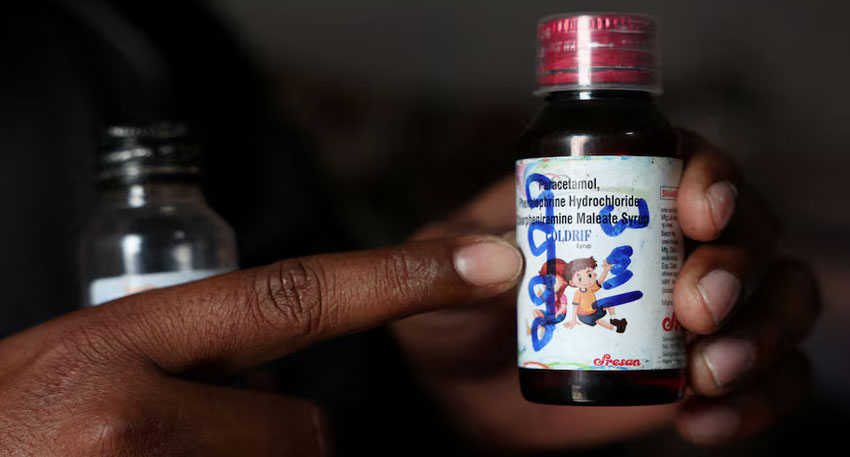
The CCP announced that it has issued show-cause notices to seventeen major private school systems. This action follows allegations that the schools are abusing their dominant market position by forcing parents to purchase expensive, logo-branded supplies—including notebooks, workbooks, and uniforms—exclusively from vendors authorized only by the schools. The CCP stated this measure is necessary to protect millions of families from unfair pricing.
The enforcement action began after a detailed inquiry based on numerous complaints from parents. Complainants alleged that schools implemented "arbitrary fee hikes," used "non-transparent selling practices," and effectively bundled mandatory branded supplies, leaving families with no choice but to pay costly and inflated prices. The inquiry found that in some cases, the compulsory 'study packs' were up to 280% more expensive than similar, generic items readily available in the open market.
The powerful school systems receiving notices operate hundreds of campuses nationwide and educate millions of students, giving them significant influence over enrolled families. Schools under investigation include well-known names like Beaconhouse School System, The City School, Lahore Grammar School, Roots International, KIPS, and Allied Schools, among others. The CCP observed that schools treated enrolled students as "captive consumers" and made continued enrollment conditional upon purchasing these secondary products.
Read more: Punjab bans mobile phone use in schools
The CCP’s inquiry concluded that these practices violated the Competition Act, 2010. By appointing exclusive vendors, the schools blocked thousands of small stationery and uniform sellers from entering the market, which limited consumer choice across Pakistan. Given that private educational institutions account for nearly half of all student enrollment, the imposition of overpriced materials only adds to the burden on families already struggling with inflation. The schools have been given 14 days to respond to the notice, with the CCP warning that failure to comply could result in penalties of up to 10% of their annual turnover or Rs750,000,000, whichever amount is higher.
The aggressive pricing found in the inquiry, which appears to exploit the 'captive' nature of students, underscores serious concerns about the unchecked commercialization of education. The CCP’s firm stand, backed by the threat of significant fines, is a necessary step to restore fair competition and ease the financial pressure on parents.




